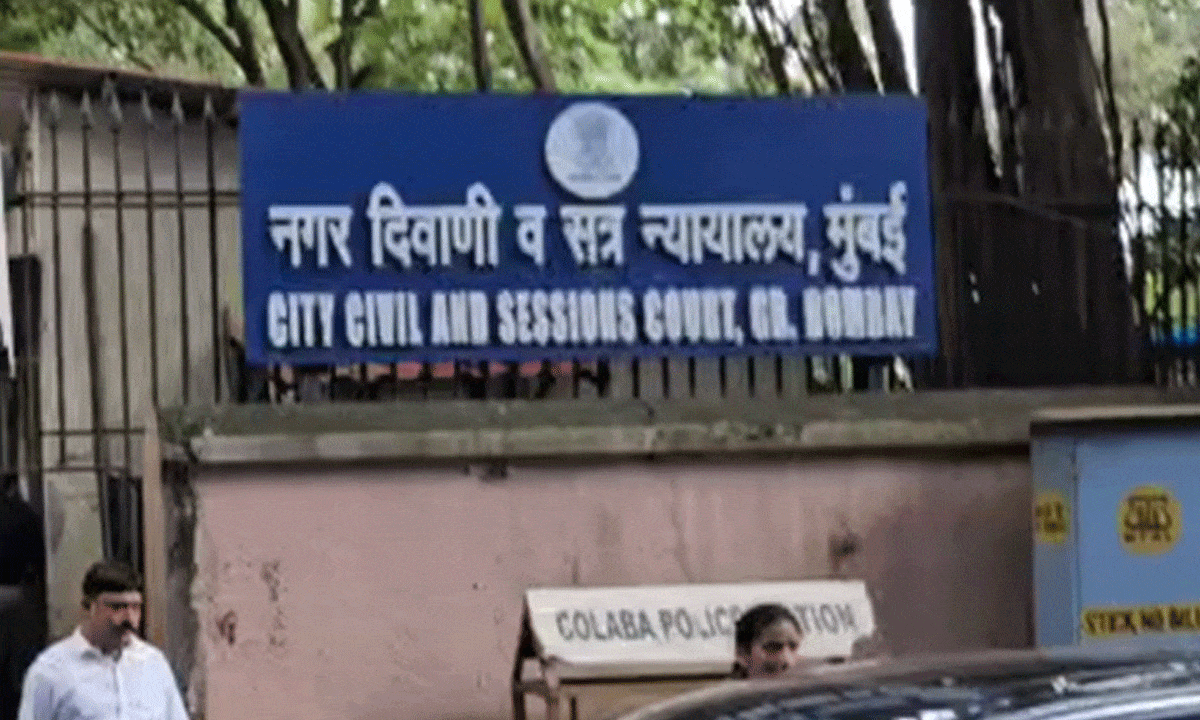2008 Malegaon blast: NIA court acquits all 7 accused, gives them benefit of the doubt
The benefit of the doubt given to the seven acquitted accused in the 2008 Malegaon blast case is rooted in the Special NIA court’s rejection of the prosecution theory that Lt Colonel Shrikant Purohit planted the bomb on a motorcycle and that the vehicle belonged to Sadhvi Pragya Singh Thakur.

Mumbai: The benefit of the doubt given to the seven acquitted accused in the 2008 Malegaon blast case is rooted in the Special NIA court’s rejection of the prosecution theory that Lt Colonel Shrikant Purohit planted the bomb on a motorcycle and that the vehicle belonged to Sadhvi Pragya Singh Thakur.
Special National Investigation Agency (NIA) Judge A.K. Lahoti pulled up the prosecution for its failure to prove who manufactured or supplied the bomb and slammed the investigators for their inability to establish who planted the bomb on the motorcycle.
Giving the benefit of the doubt to the accused, the court dismissed the prosecution’s charge that an explosive was fitted in the motorcycle by Lt Colonel Purohit, saying that the explosive could have been placed or hung on the vehicle.
Also Read: Raghav Chadha reveals if he ever thought about joining Bollywood
Also, the chassis number of the motorcycle was never recovered, and it could not be established that Sadhvi Pragya was the owner of the vehicle, it noted.
No evidence was found linking Abhinav Bharat to the activity, and the entire case was based on an allegation, the court said.
Additionally, Judge Lahoti noted that there was no proof that RDX was stored at Lt Colonel Purohit’s residence and took a serious view of allegations that explosives were planted at the residence of accused Sudhakar Chaturvedi.
The court has now directed the Additional Director General (ADG) of the Anti-Terrorism Squad (ATS) to initiate a probe into allegations that explosives were planted at the residence of accused Chaturvedi.
The acquittal is also a reflection of the shoddy probe conducted into the case. The court said that the ‘panchnama’ was not prepared properly after the blast, and no fingerprints were collected from the crime scene.
Experts failed to collect evidence properly after the incident, resulting in contamination of crucial proof, the NIA court said.
The seven individuals who were put on trial included Sadhvi Pragya Singh Thakur, former BJP MP from Bhopal; Lt Col Prasad Shrikant Purohit, then serving officer in Military Intelligence; Major (Retd) Ramesh Upadhyay; Ajay Rahirkar; Sudhakar Dwivedi; Sudhakar Chaturvedi and Sameer Kulkarni.
The explosion killed six people on September 29, 2008, and 101 were injured in Malegaon, a communally sensitive town in Maharashtra, when a bomb strapped to a motorcycle detonated near a mosque during the holy month of Ramzan.
Following the blast, riot-like conditions erupted at the site, with local residents attacking police, further complicating the investigation.
While acquitting the accused, the NIA court also directed the Maharashtra government to pay Rs 2 lakh compensation to the victim’s families and Rs 50,000 to the injured.
Meanwhile, Advocate Shahid Nadeem, lawyer of one of the victims in the Malegaon blast case, said, “This is not a clear acquittal; an appeal will be filed in this matter.”
Earlier, accused Major Upadhyay said, “I was physically tortured, mentally ruined, financially devastated and socially boycotted. My landlord threw me out with my belongings. I spent 9 years in jail, and my family suffered immensely…”
The hearing in the case concluded in April this year, and the court reserved its judgment on April 19.
Throughout the trial, the prosecution examined 323 witnesses, though 34 of them turned hostile, significantly weakening the prosecution’s case.
Initially, the investigation was conducted by the Maharashtra Anti-Terrorism Squad (ATS), which arrested the accused and filed the first charge sheet. However, in 2011, the probe was transferred to the NIA.
In 2016, the NIA filed a supplementary charge sheet dropping charges against several accused, including Sadhvi Pragya, citing insufficient evidence to prosecute them under stringent anti-terror laws.
All accused were out on bail during the trial. They were facing serious charges, including conspiracy, murder, and use of explosives under UAPA and IPC provisions.
